Tragedy of Errors
The Peoples Gas Pipe Replacement Program is a Poorly Designed, Mismanaged, Bad Investment for Chicago
Peoples Gas Light & Coke, the gas distribution utility serving homes and businesses in Chicago, has run some form of a gas main replacement program for the last 38 years, since 1981, when a study first recommended a 50-year dedicated program to replace a specific subset of at-risk, leak-prone cast iron pipes.
Over the decades, Peoples Gas has failed to design and implement a program that effectively accomplishes the public safety purpose of removing pipes made of aging legacy materials.
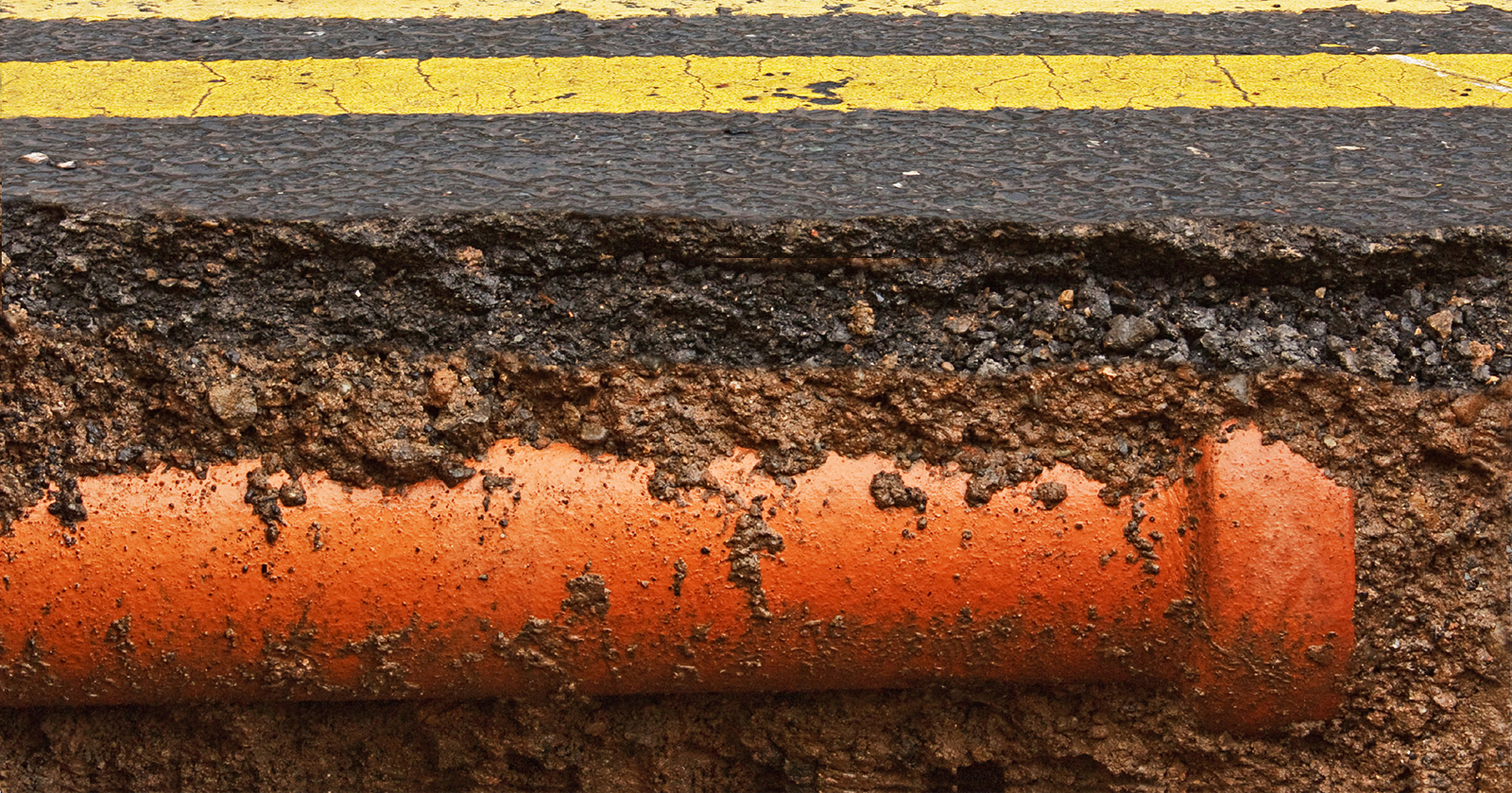
A report by Chapman Energy Strategies and Illinois PIRG Education Fund
Abe Scarr Illinois PIRG Education Fund
Peoples Gas Light & Coke, the gas distribution utility serving homes and businesses in Chicago, has run some form of a gas main replacement program for the last 38 years, since 1981, when a study first recommended a 50-year dedicated program to replace a specific subset of at-risk, leak-prone cast iron pipes.
Over the decades, Peoples Gas has failed to design and implement a program that effectively accomplishes the public safety purpose of removing pipes made of aging legacy materials.
Today, through the System Modernization Program, or SMP, Peoples Gas is spending more money on pipe replacement than ever but not mitigating risk in any proportion to its massive outlay of capital.
The SMP fails to protect public safety primarily due to two fundamental flaws:
- Despite its public safety justification, the SMP prioritizes broader system improvement objectives over public safety objectives. The SMP is a comprehensive, accelerated effort to upgrade the entire Peoples Gas distribution system to medium pressure.1
- The SMP is not managed based on credible long- or short-term plans based on empirical analysis to achieve program objectives. Instead, the SMP is in constant flux and overly reactive to third parties. As a result, the SMP consistently fails to hit annual work targets or control costs.
A Brief History of Peoples Gas Pipe Replacement
After a large number of cast iron pipe leaks and breaks in the Peoples Gas distribution system during the severe 1976-1977 winter, a 1981 engineering study recommended that Peoples Gas initiate a 50-year dedicated program to replace a specific subset of at-risk cast iron pipes.2 Outside audits in 1988 and 1994 found the program never got on course.3
A series of events – including a 1992 explosion that killed four people, a follow up engineering study, and new federal regulations – prompted Peoples Gas to adopt a new, scientifically driven approach to at-risk pipe replacement.4 This approach, in place from the mid-1990s through most of the 2000s, was effective at targeting at-risk pipes for replacement, but replaced fewer miles of at risk pipe.5
In 2007, Peoples Gas proposed an accelerated and expanded program more focused on medium pressure upgrade work — making changes to the Peoples Gas distribution system to allow distributing gas at medium, rather than low, pressure. Finally launched in 2011, Peoples Gas started spending significantly more and performing more work each year in order to, in theory, complete pipe replacement faster.6 The acceleration “overwhelmed the management of [Peoples Gas], its resources, talent, and capabilities,”7 prompting the Illinois utility regulator, the Illinois Commerce Commission, to order an audit of the program, performed by Liberty Consulting Group.8
In 2013, the Illinois General Assembly passed legislation granting Peoples Gas and other Illinois gas distribution utilities statutory authority to continue at-risk pipe replacement and medium pressure work. The new law better guaranteed and accelerated the recovery of associated costs and profits through a bill rider on customer monthly bills.9
The Liberty audit, which began in 2014, with implementation monitoring running through 2017, highlighted substantial management failures.10 Rather than engage in the difficult work of fixing the program, however, Peoples Gas management rejected key audit recommendations and doubled down on the profitable status quo.
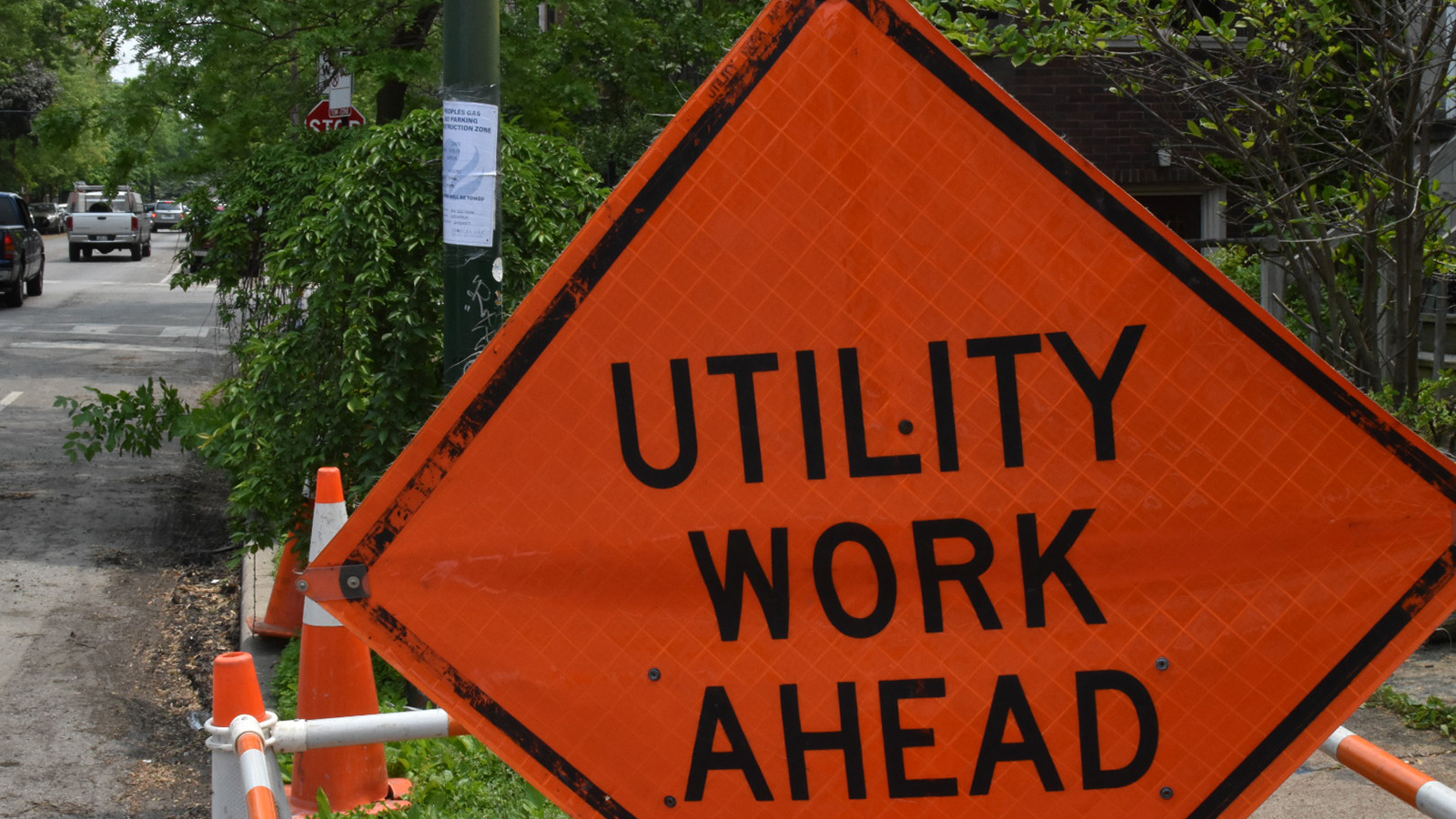
The SMP does not prioritize public safety
The SMP is an accelerated medium pressure program, not an at-risk pipe replacement program. The scope and design of the SMP emphasizes upgrading to medium pressure over protecting public safety.
Staff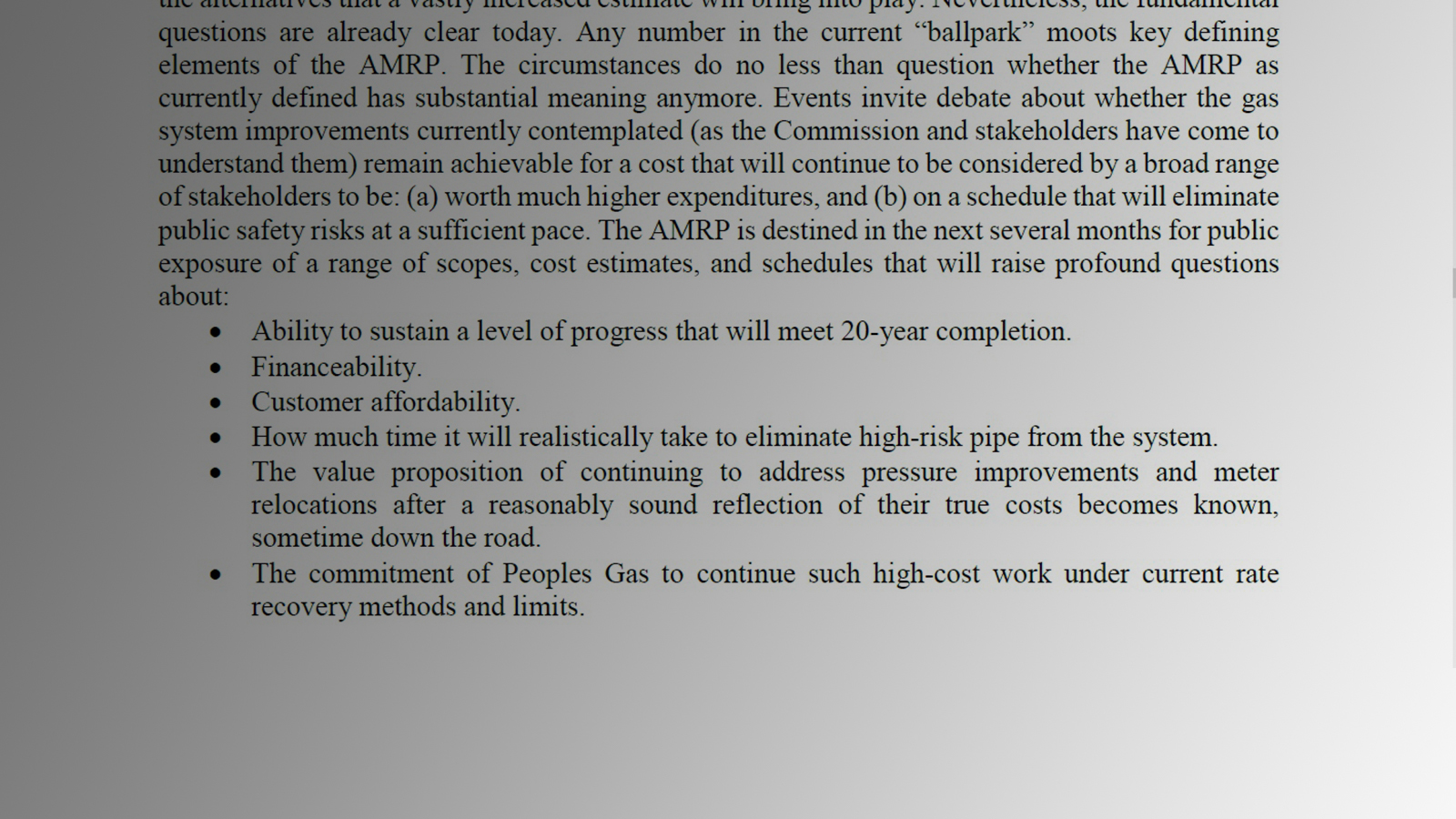
Peoples Gas has mismanaged the SMP
The 2015 Liberty audit report found management did not understand and could not explain “(a) likely overall program costs, (b) likely program duration relative to targeted completion of leak-prone pipe replacement by 2030, and (c) the reasons why leak rates have not fallen significantly after four years of accelerated replacement of cast iron and ductile iron mains.”
Liberty Consulting Group report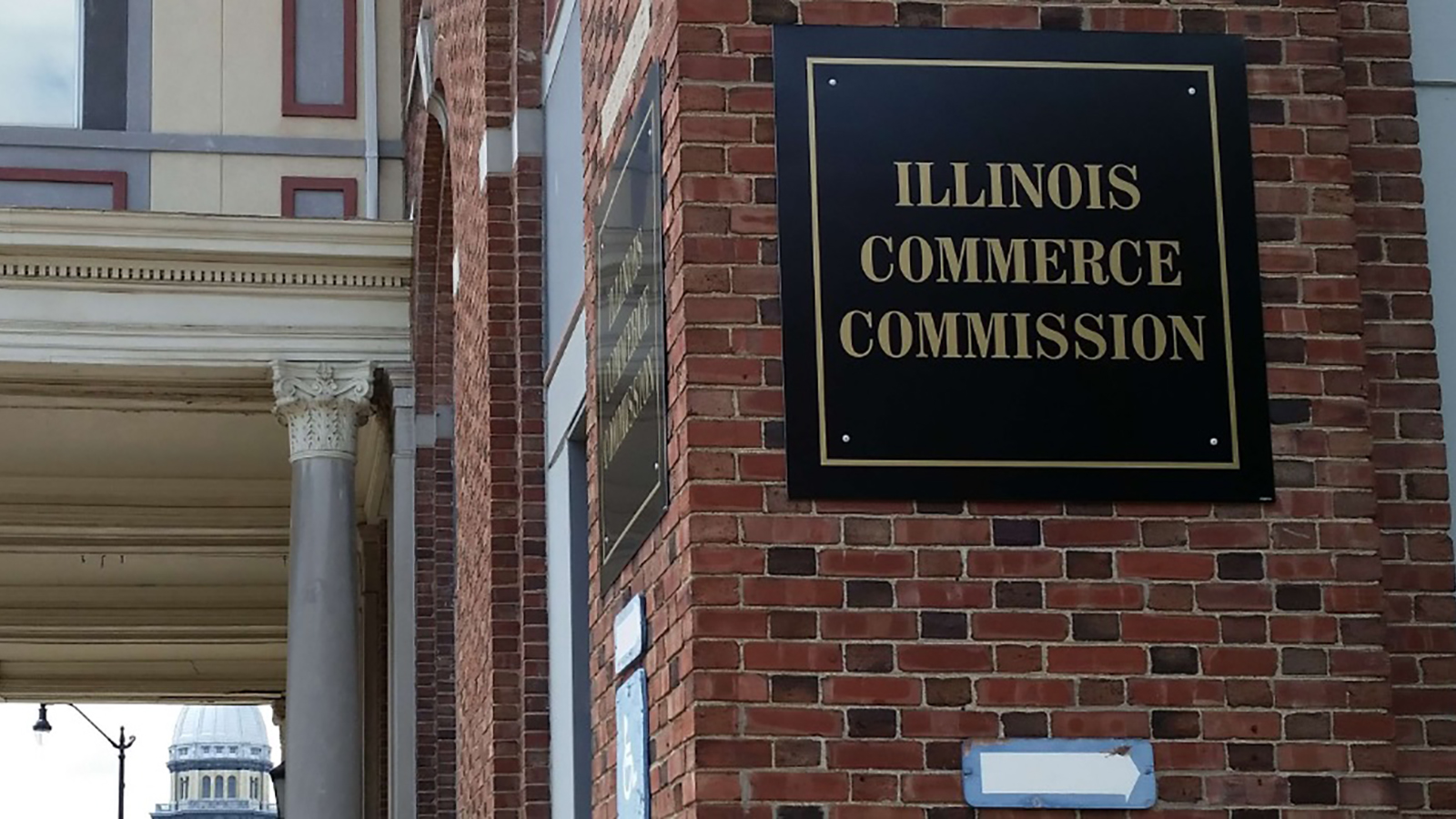
The Illinois Commerce Commission has failed to hold Peoples Gas accountable
Despite announcing an investigation with great fanfare at the end of 2015, the Commission excluded expertise from the investigation, failed to answer the questions it posed, and ultimately declined to take action, citing a questionable legal argument.
Illinois Commerce Commission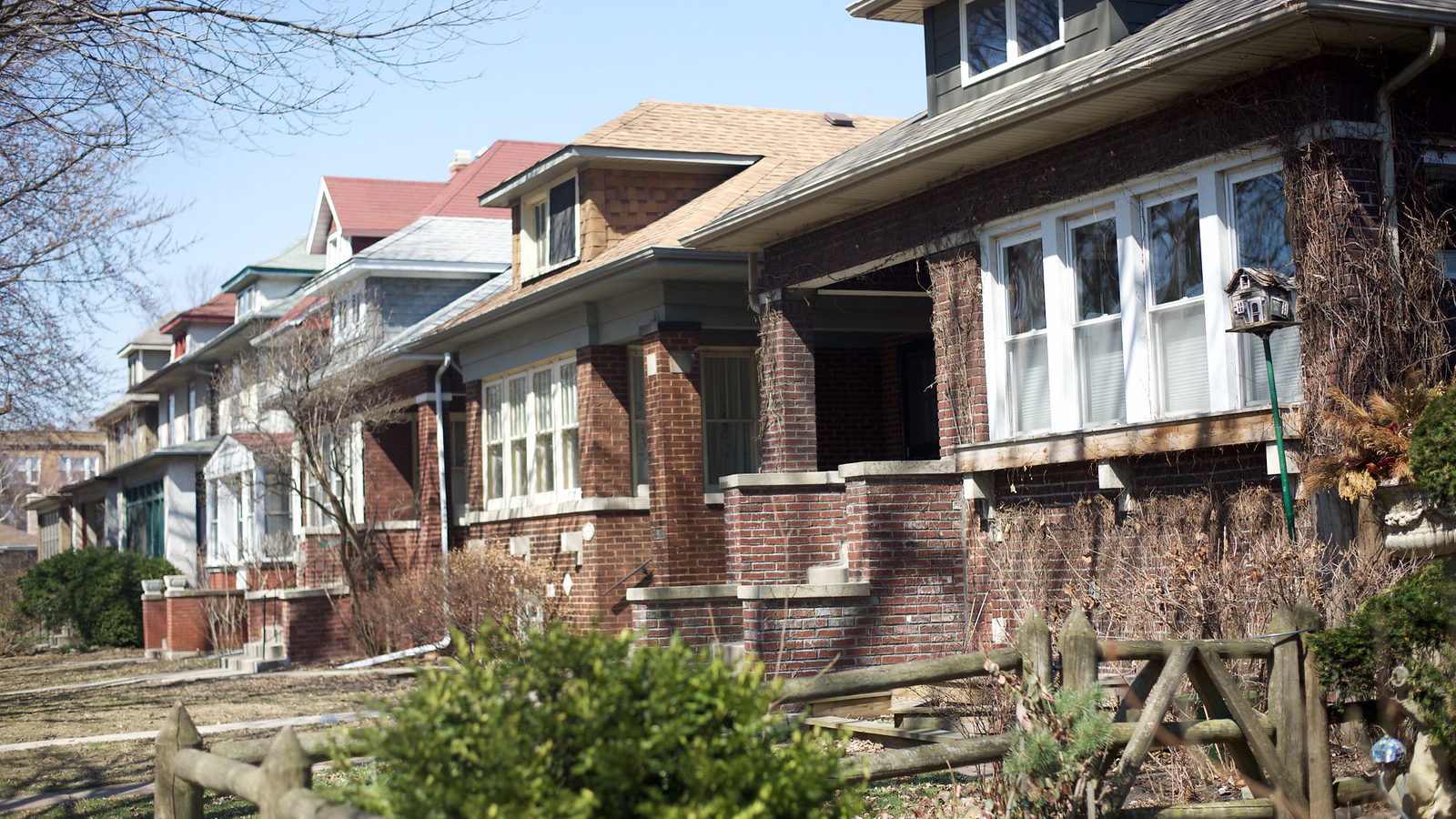
The affordability burden Peoples Gas is placing on Chicagoans is large, unjustified, and unnecessary
The pace of investment has greatly increased since acceleration. This pace drives customers’ monthly bills and represents a greater harm to them than the overall cost of the program. Peoples Gas plans to increase capital spending even further in coming years, from $1.3 billion between 2016 and 2019 to $1.9 billion between 2019 and 2021.
Brian Hayes via flickr, CC BY-SA 2.0
Climate change means gas system improvement investment should slow, not accelerate
Science tells us that to prevent the worst impacts of global warming we need to transition off heating our homes by burning fossil fuels in the next 30 years, well within the lifetime of the new pipes, and possibly before the SMP even finishes.
John LeGear via flickr, CC BY-SA 2.01of 6

